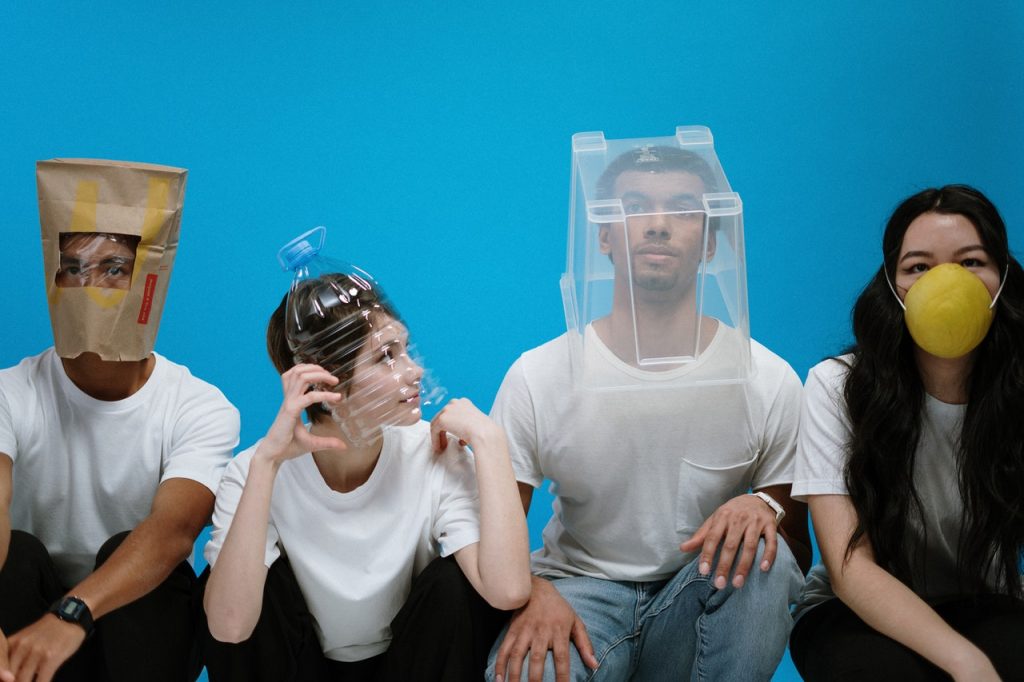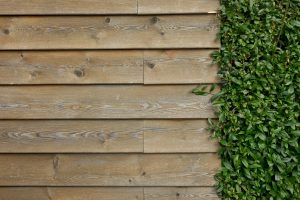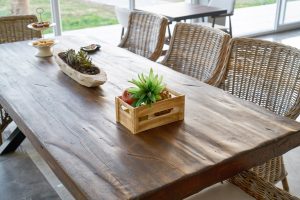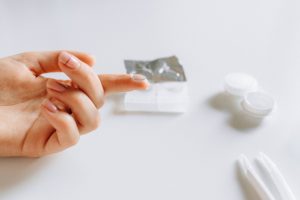Protecting the Elderly- Coronavirus

The number of reported cases during the Coronavirus pandemic has passed over 2 million with 135,000 deaths reported. Since the terrible virus unleashed its curse in Wuhan, China last December, preventive measures were taken in the epicentre including a lockdown, closing borders towards Hong Kong, imposing travel bans, and ordering a great percentage of the workforce to stop operation and just work from home.
Asia, particularly, Hong Kong and Singapore, have seen how SARS can hit these countries and, therefore, exercised preventive measures immediately. The Coronavirus is particularly dangerous to the already immunocompromised, people with pre-existing ailments and conditions, smokers, and the elderly. Following the mentality that ‘prevention is better than cure’, let’s look at some of the guidelines aimed to protect the elderly during this coronavirus outbreak.
There are two main points of susceptibility for the elderly. These include the risk of acquiring COVID-19 on their own and the risk of acquiring the virus from their health caregivers in aged care homes, for example. Dividing these guidelines into two, let’s start with how the elderly can protect themselves.
Isolation
Social distancing or staying at home falls under this widely-known intervention. As much as possible, refrain from going out when it’s not necessary. If you need a breath of fresh air, opt for a place where no people are surrounding you or distance yourself from them. Keep at least 6 feet away at all times. At home, make it a habit that you mark your utensils for personal use. Even if members of the family are not infected with COVID-19, a simple cough might compromise an elderly person’s immune system which would make them more vulnerable if they do contract coronavirus.
Proper nutrition
COVID-19 or no COVID-19, the key to having the right amount of vitamins and nutrients our body needs to obtain maximum wellness is to eat right. Complete meals should have food from the three main food groups to obtain balance. Instead of relying too much on vitamins, fill your plate with nutritious food. Refrain from junk foods that just give you empty calories. Eating right helps you with the next guideline.
Proper exercise
Needless to say, our body’s fuel is the food that we eat. If we are malnourished, our ability to exercise will be compromised. When we don’t eat the right amount of nutrients, we become sluggish and grouchy.
Stay preoccupied
Many people say that stress and depression will kill them first before COVID-19. Stress from unemployment, loss of business, and bills piling up can lead to depression and prolonged social isolation, staying-at-home and no-school policies do not help. Give yourself some leeway and have fun now and then.

Now, let’s tackle what health caregivers should observe when engaging with individuals in an aged care facility.
Sanitation
Washing your hands or sanitising them with alcogel, alcohol, or wet wipes before and after you handle your patient, client or grandparent is essential. Spray alcohol or disinfectant on the bottom of your shoes before putting them onto the shoe rack. Medical equipment sales are increasing when it comes to basic items such as face masks and thermometers. Therefore, the best way to prevent the spread without access to these items is to wash your hands continuously and stay away from others as much as possible.
Self-check
Follow the measures of taking your temperature, assessing yourself if there are any aches or difficulty in breathing. If you are feeling a little bit weak, let your leader, head nurse, or another family member know that you may need rest for a while. Be honest with what you’re feeling. If you suspect that you have been, in any way, exposed to the disease, you must self-quarantine.







